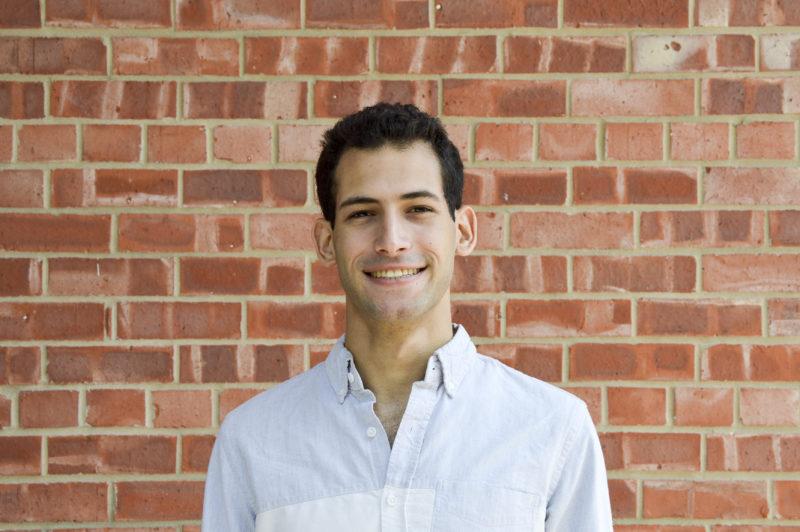The start of the school year is a time of high motivation and even higher confidence. Students are excited about the prospect of new classes, time management seems an easy task and by the end of the semester, we expect to have mastered several new subjects.
This time last year, in my second Trinitonian article ever, I wrote about the importance of interdisciplinary study. At the time, I felt like this article was something to be unabashedly proud of for its clear articulation of a self-evident truth of which the Trinity community was apparently unaware. Rereading that piece now, its several flaws are apparent, such as its focus on interdisciplinarity as useful from the perspective of increasing competence at one’s primary major. Instead, I should have been defending interdisciplinarity in its own right: It can make one a better person and result in a more charmed life.
The same type of overconfidence that led me to be excessively proud of that piece is present throughout the process of learning in both life and university. Upon discovering some previously unknown truth or fact about the world or the self, it is easy to view that discovery as universal, undeniable and indicative of some kind of special personal competence. In reality, this exuberant feeling often blinds us to the reality that this discovery is simply one small truth in a sea of context and more complex explanations.
In the context of classes, one vivid memory from the spring of my first year stands out, when I was halfway through Organic Chemistry I. We were doing a unit on nuclear magnetic resonance (NMR) spectroscopy, an analytical technique in the world of chemistry research with principles similar to those of magnetic resonance imaging. At office hours, I asked Adam Urbach, my professor, for more detail about how NMR actually works and why different results are observed for different compounds. I expected the answer to be a brief explanation that the textbook omitted for some arbitrary reason. Urbach responded that he could teach a semester-long course on NMR, invoking mathematical quantum mechanics, and still only scratch the surface of the answer to my question.
This response opened up a chasm beneath the conviction that any and every subject could be fully known and mastered with a few weeks of study. The reality is that there is more knowledge and complexity in any given field than most people could hope to grasp in a lifetime, let alone a semester.
Perhaps students used to internalize this lesson sooner, when research required not a keyword search in an electronic database, but physically walking past rows and rows of journals in a library and thumbing through thousands of pages to find one desired factoid. The physicality of this experience viscerally reinforces the enormity of collected human knowledge. Go to Coates Library, wade into the stacks, and find the collections of decades of journals, each dedicated to some minute subfield, from the topography of the Gulf Coast to algebraic mathematics. The experience is deeply humbling.
This may sound like an endorsement of impostor syndrome: the feeling of secret incompetence that afflicts highly-qualified people in all fields at all levels of education. It is not. Rather, it is the basis of a frame of mind necessary to overcome both impostor syndrome and the Dunning-Kruger effect, wherein under-qualified people overestimate their own competence.
Instead of viewing this semester as an opportunity to master several new subjects, view it as an opportunity to gain just enough insight to appreciate the immense depth and breadth of every discipline. This is why a great class doesn’t solely attempt to cram in huge amounts of information, but teaches the style of thinking necessary to understand the nuances of a field and to dive into the depths of a field’s knowledge if necessary in the future.
This also gets back to the importance of interdisciplinarity. The point of a liberal arts education isn’t to create students who can describe the works of Francisco Goya before solving a differential equation as a party trick. The point is to expose us to different styles of thinking so that we can navigate the vast collections of human knowledge and synthesize our observations and experiences of the world into a richer, deeper unity of meaning.




